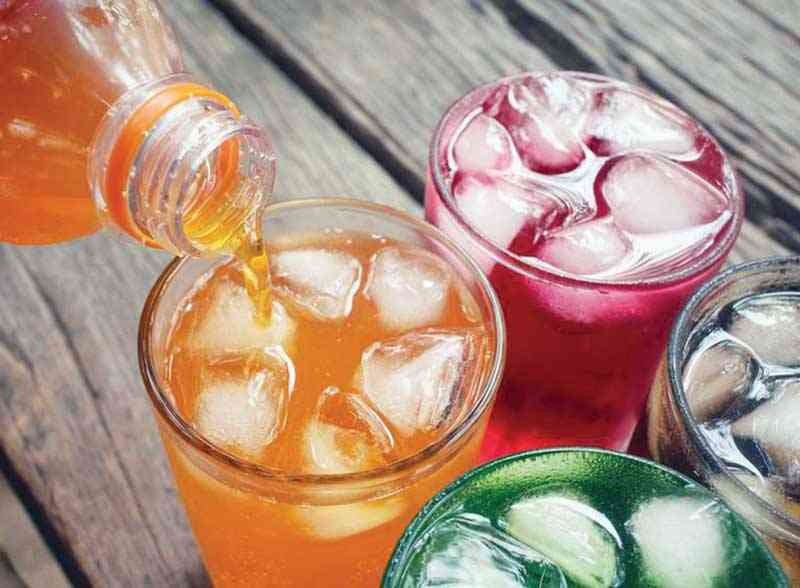
LISTED beverages maker Delta Corporation said this week a sugar levy announced in November would trigger price hikes in its products and erode spending power and volumes.
The sugar levy came into force this January.
But had already sparked concerns from industries, which said up to US$1,6 billion would be wiped out of beverages producers this year. Initially, Treasury had set the sugar levy at US$0,02 for every gramme of sugar contained in beverages. But following a backlash from industries, the levy was slashed to US$0,001 per gramme.
Patricia Murambinda, corporate affairs general manager at the Zimbabwe Stock Exchange listed firm, told businessdigest the firm had not yet fully effected the sugar surtax.
“We are still to fully roll out the new prices that incorporate the sugar surtax as some of the packs were on promotional prices,” Murambinda told businessDigest.
“Any price increase will erode consumer disposable spending, hence negatively impacting volume.”
Currently, the company is selling stocks which were manufactured as part of its promotional campaigns which were started before the tax was introduced. Asked if the firm was going to limit sugar content in its beverages, Murambinda said such a decision would come from its franchise owners - The Coca Cola Company (TCCC).
“We already have zero sugar brands in the market like Coke Zero. There are other brands like stoney zero and sprite zero. Programmes on reducing the sugar content are driven by the franchise owner TCCC and take some time in order to maintain product taste.”
- Zim headed for a political dead heat in 2023
- Record breaker Mpofu revisits difficult upbringing
- Tendo Electronics eyes Africa after TelOne deal
- Record breaker Mpofu revisits difficult upbringing
Keep Reading
While dealing with the new tax regimes in Zimbabwe, the firm said last week it had made fresh inroads in South Africa.
Chief executive officer Matlhogonolo Valela last week told businessDigest that the company had invested about US$20 million to assemble a Chibuku Super line in South Africa.
This came as the company recently launched two new flavours of its Chibuku Super beer brand under the sorghum segment as the firm seeks to offer differentiated products and choices to meet the market's dynamic needs.
“Nine months ago, we placed an order for the Chibuku Super line which is being commissioned now in Johannesburg,” Valela said.
“It’s almost finished and we hope that we will now have Chibuku Super in South Africa. It is our first step there. We will see how the market reacts.
“We have spent approximately US$20 million in South Africa for this project. We have spent the last year marinating the South African market with Chibuku Super exports from Zimbabwe because that is the only way to move the South African consumer from the home-brewed Umqombothi to the consumption of commercial products.”
Velela said Chibuku Super was selling better on the local market, hence the need to promote the product in the region.
“In Zimbabwe, we are selling almost two litres for every litre of lager beer sold. In South Africa, it’s only a minuscule fraction. We need to try and move the ratio to balance it out to show that there are people who consume our heritage sorghum beer. We need to make sure that we can give them the variants that we are selling in Zimbabwe,” he said.






